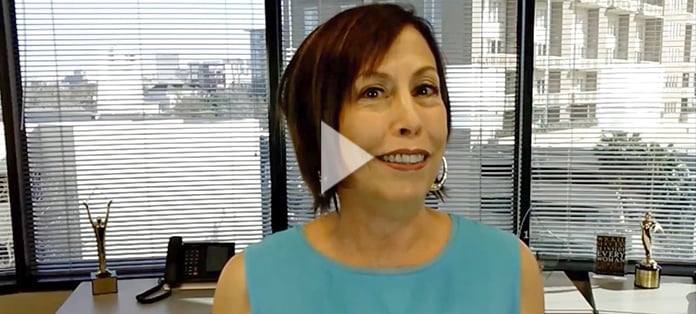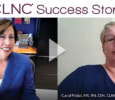Adam Waytz (in the January-February 2016 issue of the Harvard Business Review) declares that while empathy is all the rage in the workplace today, when taken too far, empathy actually impairs performance.
It’s equally important to tame empathy with attorney-clients. Too much empathy can actually hurt you, your business relationship with attorneys and ultimately your legal nurse consulting business.
Waytz states that the three problems associated with excessive empathy are:
- Empathy is exhausting and leads to burnout.
- Empathy is a zero-sum effort, ultimately depleting itself.
- Empathy can erode ethics.
Problem #1: Empathy is exhausting and leads to burnout. Attorneys are crazy busy, sometimes succumbing to a crisis management style. The crisis manager attorney often calls upon your empathy and comes at you with an “I need that report yesterday” request. If your response is “No problem” too often, you’ll soon find yourself exhausted.
Here’s the rub, the most exhausting attorneys are not always your most lucrative clients. One of my attorney-clients, who always needed the work product “yesterday,” only utilized me in one or two cases per year. To be responsive to him was not just exhausting – I was going to have to drop everything else, potentially compromising my business relationship with more valuable attorney-clients who retained me for 10-plus cases at a time. Recognizing the payoff was small and the risk of losing important attorney-clients high, I boldly declined the unreasonable deadlines. We continued to do our dance but more so on my terms. I had been extending a generous amount of empathy for little payoff, but no more.
In contrast, one of my best attorney-clients found me during a crisis (his, not mine) and I responded. Once we wrapped that first medical malpractice case (which required that I pull an all-nighter), I proceeded to train him about the importance of calling when he was first retained on the case – not right before deposition or trial. He got the message and quickly became a favorite attorney. He was demanding, but not exhausting and yes there is a difference. 🙂 I never ran out of empathy for him because he didn’t (well hardly ever) over-tax my empathy.
To avoid exhaustion as a Certified Legal Nurse Consultant manage your empathy and educate attorneys about the importance of calling you when they are first retained on their medical-related cases.
Problem #2: Empathy is a zero-sum effort, ultimately depleting itself. Even the most successful Certified Legal Nurse Consultant has only so much empathy to pass around before it’s depleted. For example, you come home from a 12-hour shift and just finished dinner with your spouse who pathetically declares, “Honey, I had a bad day at work and I feel like I’m coming down with a cold and I think I’m getting a fever.” What’s your response? Empathy or “Excuse me, you’re not on a ventilator. Buck up and help clean the kitchen.” If your reaction was less than empathic, it’s probably because your empathy is depleted – you gave it all away to patients and family members during your 12-hour shift at the hospital.
Over-empathizing with an unreasonable attorney-client (or even a friend or family member) creates an emotional drain. Residing in a depleted state can strain your relationships with more important attorney-clients (as well as loved ones) because you’re short of empathy when it’s needed. Save some for the people and attorneys who really matter.
Problem #3: Empathy can erode ethics. You will develop a strong professional relationship with attorney-clients and of course you want them to be on the winning side. And you too want to be on the winning side. Excessive empathy for an attorney-client’s position (and the plaintiff or defendant) can, however, erode ethics and adversely cloud your judgment, resulting in inaccurate and incomplete opinions and recommendations. Your job is to give the attorney the good, the bad and the ugly. The attorney doesn’t benefit from just hearing the good news.
Likewise, there’s no place for empathy toward the opposing side, which can lead to biased and adverse positions that hurt your attorney-client’s case. For example, empathizing with an RN who was concluding a string of 12-hour shifts at the time of the incident (admit it – we’ve all been there) could prevent you from applying the proper standards of care analysis to the RN’s treatment of the patient. Balance the empathy you extend to attorney-clients (and plaintiffs and defendants) to keep good judgment intact.
Attorneys love Certified Legal Nurse Consultants because you are empathic, but it pays to step back and assess how you’re faring on the empathy meter to avoid burnout, empathy depletion and erosion of ethics. Take your empathy temperature on a regular basis or you just might find yourself telling your favorite attorney-client, “Buck Up! You’re not on a ventilator, get back in that conference room and finish deposing that MD!”
Success Is Yours!
P.S. Comment and share how you ensure your empathy with attorneys is right-placed.









Good advice, Vickie. Thank you! I have to admit, my own empathy meter runs on the suck it up side frequently.